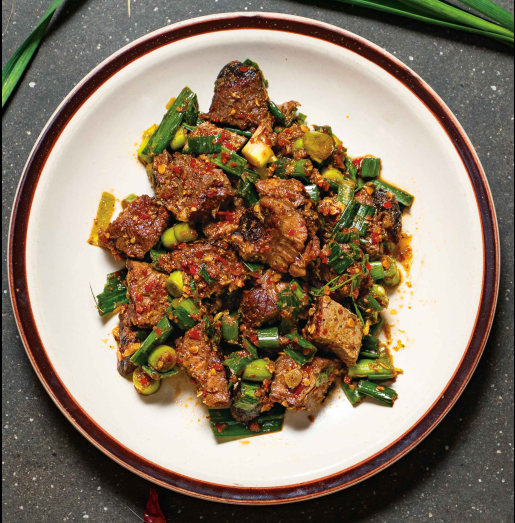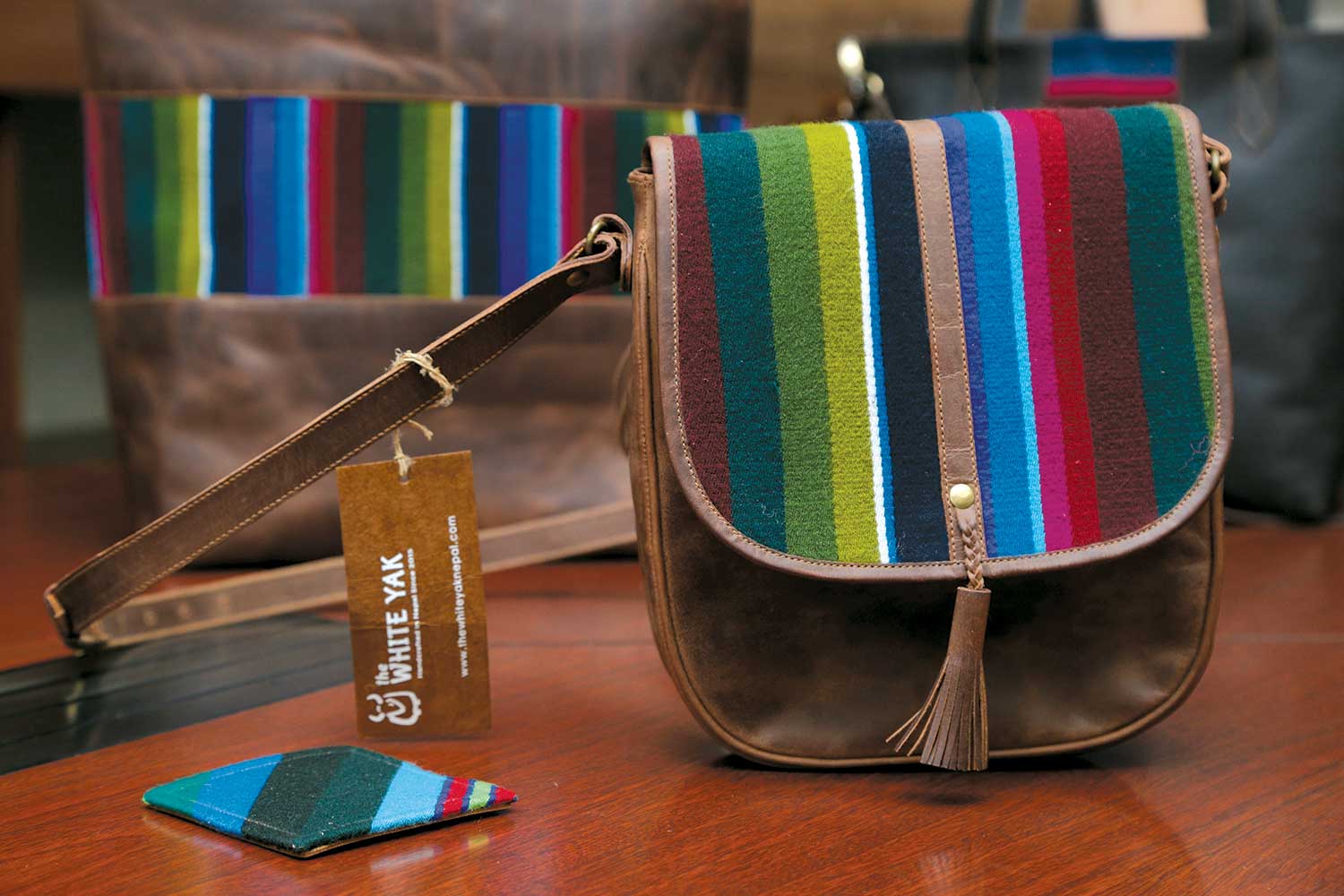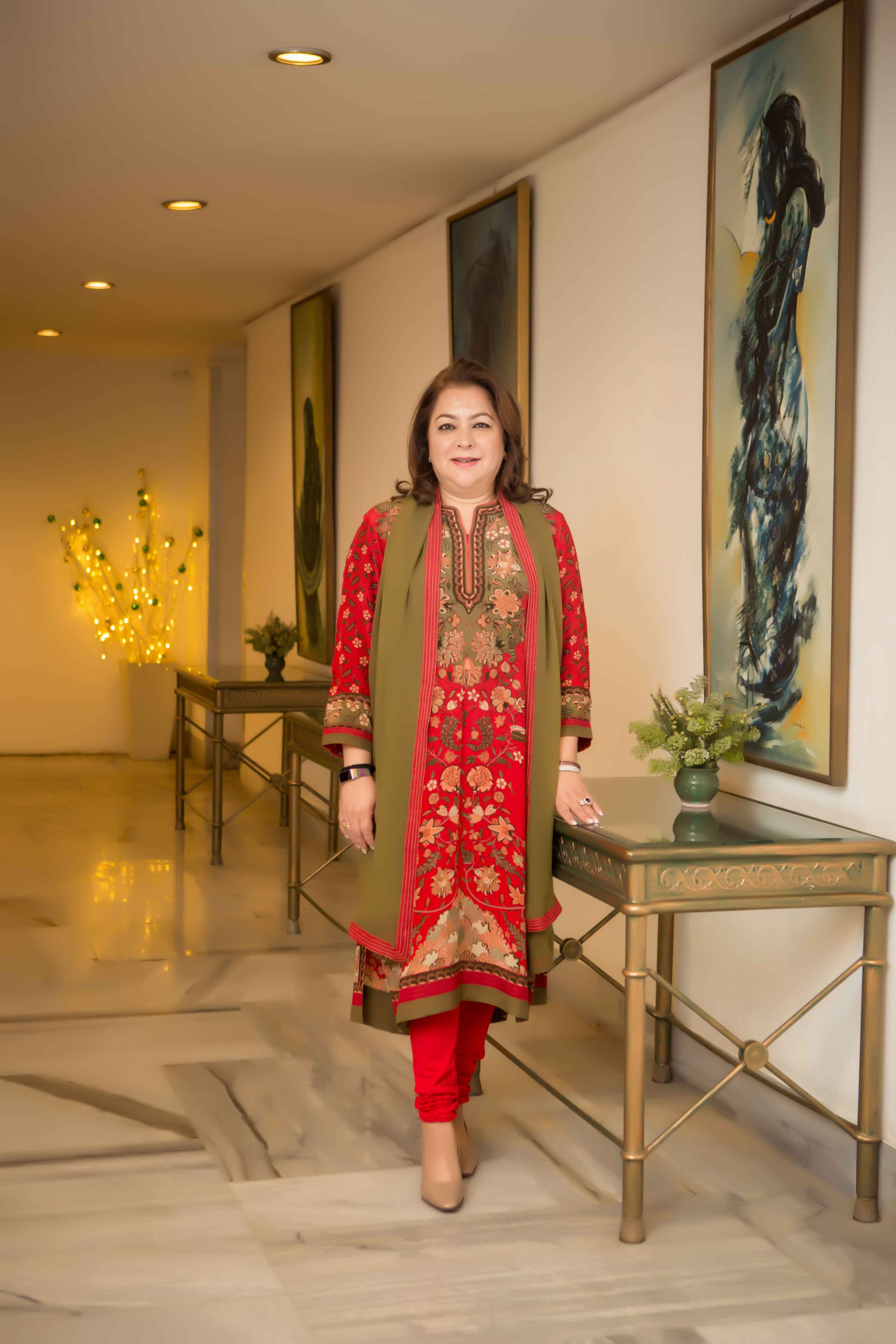 There are times in our lives when we know exactly what we need to feel better at that point in time. And then there are times when we have absolutely no idea about what we need. Through the shades of the monotony of everyday life, you see everything but notice very little. You try to find yourself, as all around you other people are making discoveries about themselves and their relationship to the world. We watch from afar and forgetting to find our own path, we try to choose between the paths that we see others take. We want a change of space and a change of pace but wish someone else would lead us there, wherever ‘there’ might be.
There are times in our lives when we know exactly what we need to feel better at that point in time. And then there are times when we have absolutely no idea about what we need. Through the shades of the monotony of everyday life, you see everything but notice very little. You try to find yourself, as all around you other people are making discoveries about themselves and their relationship to the world. We watch from afar and forgetting to find our own path, we try to choose between the paths that we see others take. We want a change of space and a change of pace but wish someone else would lead us there, wherever ‘there’ might be.
A lot of Nepalese people echo these sentiments of starting an earnest journey only to lose sight of the goal halfway. Nepali life has a great many potholes and for most of the population, their entire lives are spent fighting to put together basic necessities and trying to climb up a single rung on their scale of well-being. From a distance, good times in these lives seem to be very few and far between. For these thousands of people who live below the poverty line or border on it, religion is their only salvation. Even for the rest of the population living in more urban areas, there are complicated problems. New generations are stuck between the values they grew up with and new ones that modern life prods them to adopting, nuclear living being one of them. A serious generation gap has been noticed gnawing away at more traditional mindsets and lifestyles.
In a country of gods and goddesses and myths and mysteries, it is religion that comes to the rescue for a lot of lost souls. Religion, a pivot on which Nepalese society seesaws, besides bringing together Nepali society, is also something that in strange ways reminds people about what is truly important in life. And for the last few weeks, I felt like I could use some rescuing or at least some form of divine intervention in my life; not because I was having a crisis of any sort, but just because I was feeling like I was the only one in the soup and that no one else could possibly understand what I was going through. I simply wanted to clear my mind a little. This much needed rescue operation occurred for me on the last Buddha Jayanti, a holiday celebrated in Nepal as the day the Buddha was born. Spending a much awaited holiday with my family is not usually my idea of fun after a grueling week at work; this time, however, it became exactly what I needed, and more.
Buddha Jayanti is considered to be the day the Buddha was born and Buddhists all over the country celebrate it with enthusiasm. I am from a Buddhist family and this last Buddha Jayanti (on May 9) my family had plans to celebrate the day together. A Buddhist nun had been invited over for bhojan (lunch) from a nunnery headed by a family friend who is the most senior Buddhist nun of the country, Dhammawati Guru Ma of Sigha Vihar (nunnery). The day started off with a small ceremony at home with my mother lighting incense sticks in front of the Buddha’s image and laying down an offering of fruits and water. Soon Ramawati Guru Ma, with whom our family is already familiar, arrived at our place. Ramawati Guru Ma is also a practicing nurse and one more example of changing trends in Nepal. Where in the past nuns would hardly be allowed any interactions with the outside world, today’s nuns are studying and working while they live in a vihar. After a brief chit chat, we had lunch together and then the whole family sat down around her in the living room to hear her chant Buddhist prayers.
A Buddhist prayer is a blessing to those who listen with their hearts, she said simply as she passed around a roll of white thread which all members of the family held on to and which led back again to her. A circle was thus formed, which for me signified life and also that we were all a part of this ceremony. Ramawati Guru Ma started to chant the prayers and my family members, with our hands clasped together in the familiar Nepali gesture of worship, closed our eyes and ears and tried to listen to her with our hearts.
Eyes closed, Guru Ma’s voice instantly became soothing and I wondered if these words had somehow also been specially chosen by the Buddha for the aural sense of Peace they generated. As she launched deeper into the prayer, the sound of the ancient prayer seemed to pierce my psyche and in some strange way to cleanse me, leaving me lighter and even tingling a little. The fact that I was sharing this ethereal experience with my family suddenly struck me with a sense of great peace and comfort. I am not alone in this, was all I could think as we finally opened our eyes. In all of my good times and bad times, my family has been a constant. This fact, which has and will always remain true in my life, somehow dawned on me at that moment, instantly easing my mind.
After the Guru Ma left, my family members and I drove to nearby Godavari, on the southern outskirts of the ring road that encircles Kathmandu and Lalitpur, for a visit to Shanti Ban, ‘Forest of Peace’, a popular place for a huge statue of a meditating, bright yellow Buddha atop a hill visible from afar. When we got as far as the road went. we got out and stared up at the steep flight of steps, comparable to the steps at Swayambhunath.
It was there that I remembered my grandfather who had been rather enthusiastic about this trip to see the Buddha. At age 75. he had serious knee pains and used a cane for support. The flight of stairs was a problem for him. Even though it was not my fault, the realization that he had come this far and now might not be able to get up to see the statue made me feel bad. I looked at his face. He was staring up the steep, angled flight of stairs and seemed to be weighing his options. In his youth, he had worked in the Forestry Department, manning forests filled with wild animals with a stick of wood in his sure hands. As a boy, I had listened to the stories of his youth and it pained me now to see my strong grandfather have to think twice about climbing up a flight of stairs. I looked the other way and waited for something to happen. He decided he would at least climb half the stairs and observe from there. I walked on ahead with my younger sister who wanted to race me to the top.
As I reached the mid point, I looked back at my parents. My grandfather was climbing steadily, but slowly, with a look of resolve on his tanned face. He had already crossed the halfway mark. With one hand he gripped the railing on the side as his other hand clutched his trusted cane. Not once did he look up apprehensively to count how many more steps he had to climb. His determination made me feel rather silly for feeling sorry for him. All the strength we need in life is within us, he seemed to be saying.
Behind him, I saw my father watching to see if my grandfather might falter and need his help. A strange sense of calm set on me as I saw this reversal of roles between father and son. Where once my grandfather had surely watched his eldest son learn to walk and kept at a safe distance to see if he needed help, it was now this same son who walked behind him without a word, silently, careful not to hurt his father’s pride by offering any direct help. I suddenly saw an image of my older self helping my father climb up a flight of stairs. The image both saddened me and brought on yet another sense of peace. We would be there for each other, I thought. The words further eased my mind. Age and all of its troubles were natural, just as natural as the joys age must surely bring when looking back on a life well lived.
All of us finally reached the top and paid our respects to the Buddha. Rather than asking to be blessed with this and that as I usually do when I make an effort to go to a temple or a monastery, however, I simply thanked the Buddha that day. In a way, the Buddha (or, in a larger context, religion itself) had allowed me to spend a day with my family, witness life in its plain and simple splendor, and learn lessons from it that had cleared the mist of doubt and anxiety that had been clouding my vision. By realizing something as basic as the fact that I had a loving family to depend on, I was invigorated with a new zeal. I had been rescued!
This is just one way in which religion steps into Nepali lives. Every day, thousands of people all over the country witness small miracles that ‘rescue’ them. Most people, however, are so caught up in their lives that they fail to acknowledge the role religion plays in their lives, limiting it merely to worship. The role of religion in a country like Nepal has now, more than ever before, evolved into that of a critical support system. Religion today in Nepal’s case is the glue that holds us together.
Utsav Shakya is a freelance writer and can be contacted at utsavshakya@gmail.com. 9841.327.187










